Asian Giants Rekindle Ties: India and China Engage in High-Stakes Diplomacy
The foreign ministers of India and China recently met in New Delhi, marking a significant renewed effort by the nuclear-armed Asian rivals to ease border tensions that have severely strained relations over the past five years. India’s foreign minister, Subrahmanyam Jaishankar, welcomed China’s Wang Yi for discussions aimed at stabilizing ties, which deteriorated sharply following a deadly clash in 2020 along the disputed Himalayan border. This confrontation, the worst in decades, resulted in the deaths of 20 Indian soldiers and four Chinese soldiers, leading to a freeze in high-level political engagements.
Since the 2020 incident, both nations have deployed tens of thousands of security forces in the border areas. However, there has been some progress in de-escalation. Last year, India and China agreed on a pact concerning border patrols and initiated the withdrawal of additional forces from certain border regions. Jaishankar emphasized the need for de-escalation to foster positive momentum in bilateral ties, stating, “Having seen a difficult period in our relationship, our two nations now seek to move ahead. This requires a candid and constructive approach from both sides.” Wang Yi affirmed that peace and tranquility have been maintained along the borders and highlighted China’s decision to allow Indian pilgrims access to key sites in the Tibet autonomous region.
Wang Yi’s visit included meetings with India’s National Security Adviser Ajit Doval and a scheduled meeting with Prime Minister Narendra Modi. Key items on the agenda for these high-level discussions included reducing the number of troops along the 3,488-kilometer (2,167-mile) border and potentially resuming trade through three specific border points. Additionally, discussions focused on the movement of citizens and visas for businesspeople, with both sides working towards restoring direct flights. While some progress has been made, both countries continue to fortify their border regions by constructing roads and rail networks.
Manoj Joshi, a fellow at the Observer Research Foundation, noted that relations remain at an uneasy level of normalization, stressing that “Settling the boundary issue between the two countries requires political compromise at the highest political level.” He also suggested that the countries are “still talking past each other when it comes to the border dispute and issues surrounding it.” Despite this, Wang Yi expressed optimism, stating, “The setbacks we experienced in the past few years were not in the interest of the people of our two countries. We are heartened to see the stability that is now restored in the borders.” China’s Foreign Ministry spokesperson, Mao Ning, echoed this sentiment, indicating Beijing’s willingness to leverage Wang’s visit to handle differences appropriately and promote stable China-India relations.
The current thaw in relations can be traced back to October when Modi and Chinese President Xi Jinping met at a summit of emerging economies in Russia, marking their first in-person conversation since 2019. Modi is also slated to visit China later this month—his first visit in seven years—to attend the Shanghai Cooperation Organization (SCO) summit, where he will again meet Xi. Earlier this year, Xi called for India and China’s relations to emulate a “dragon-elephant tango.”
This renewed engagement between New Delhi and Beijing coincides with growing friction between India and Washington. U.S. President Donald Trump imposed a 50% tariff on Indian goods, including a 25% penalty for purchasing Russian crude oil, effective August 27. India has responded by deepening economic cooperation with Russia. Furthermore, Trump’s renewed engagement with Pakistan, India's arch-rival, including hosting Pakistan’s army chief and announcing an energy deal, has also influenced New Delhi’s overtures to China. As Lt. Gen. D.S. Hooda observed, facing two hostile neighbors simultaneously on its borders is not a sustainable strategy for India.
Recommended Articles
Asian Giants Thaw: India & China Rebuild Ties with High-Level Diplomatic Push

India and China are actively working to ease border tensions and stabilize their strained relationship through high-leve...
Asian Giants Mend Fences: India-China Diplomats Meet Amidst Thaw

India and China are engaging in renewed diplomatic efforts to ease tensions stemming from a five-year border standoff, w...
Asian Giants Rebuild Ties: India and China Hold High-Level Diplomatic Meeting

Indian and Chinese foreign ministers met in New Delhi to address heightened border tensions and stabilize relations, whi...
Asia's Giants Thaw: India and China Rebuild High-Level Ties

India and China are engaged in renewed diplomatic efforts to ease border tensions, with China's Foreign Minister Wang Yi...
Asian Giants Seek Rapprochement: India & China Rebuild Diplomatic Ties

India and China are undertaking renewed diplomatic efforts to de-escalate tensions stemming from a five-year border stan...
You may also like...
Sleep Deprivation: Africa’s Most Overlooked Health Epidemic

Sleep deprivation is quietly sweeping across Africa, undermining health, productivity and well-being. Different lifesty...
The Next Big Discovery Might Be Growing in Someone’s Backyard
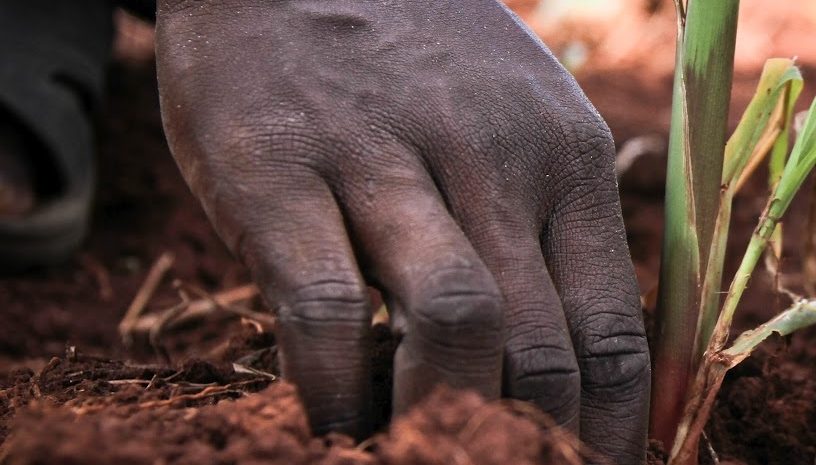
Hidden in gardens, local farms, and village backyards across Africa and beyond, the next major scientific breakthroughs ...
The Grand Egyptian Museum: Re-Engineered History of Africa.
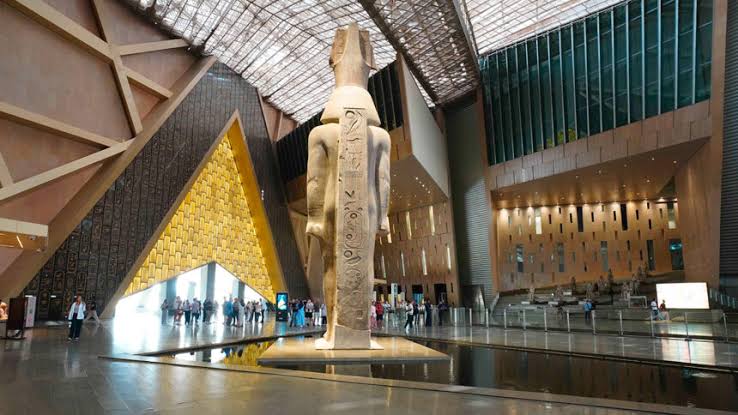
2002 was the genesis of a dream. Egypt opens its Grand Museum in 4days.
NanoFilter: The Tanzanian Invention Turning Dirty Water into Life

Read on how Dr. Askwar Hilonga’s NanoFilter, a Tanzanian nanotech invention, is transforming access to safe drinking w...
The Myth of the Strong African Mother

Parenting burnout is becoming an unspoken crisis among African mothers. The pressures of motherhood, cultural expectatio...
The African Dream vs. the American Dream: What Success Means to a New Generation
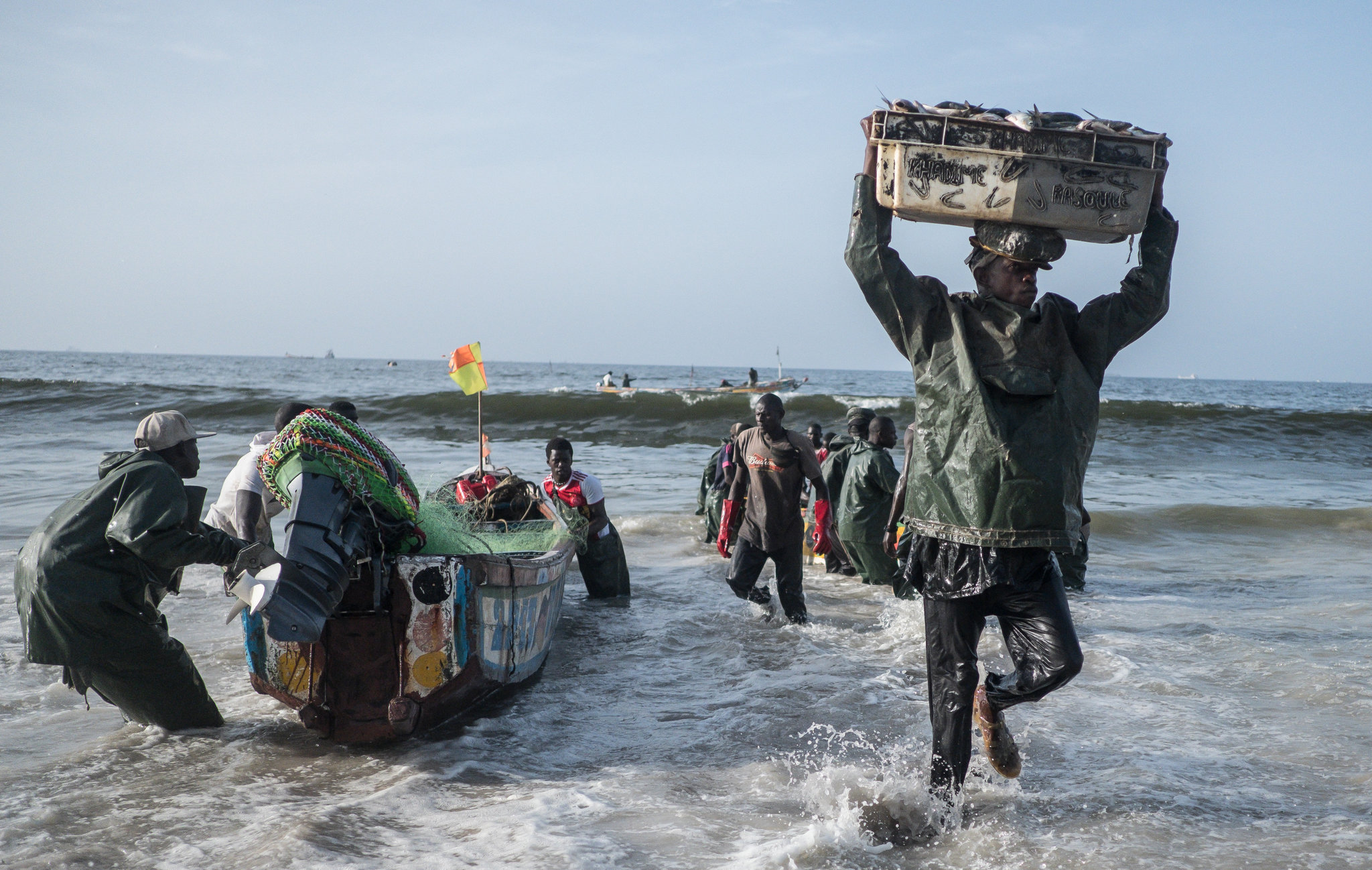
A new generation of Africans is redefining success, turning away from the “American Dream” toward something more local, ...
The National Assembly Approves the Creation of Six new States
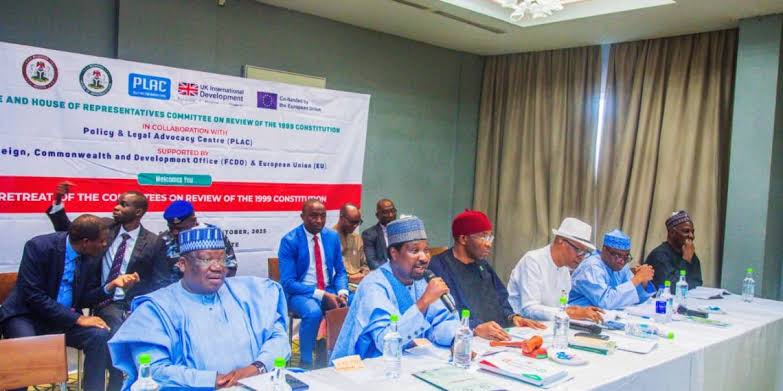
The National Assembly for the first time since the fourth republic started has approved the creation of six new states. ...
When the Desert Eats the City: Urban Expansion and Desertification in the Sahel
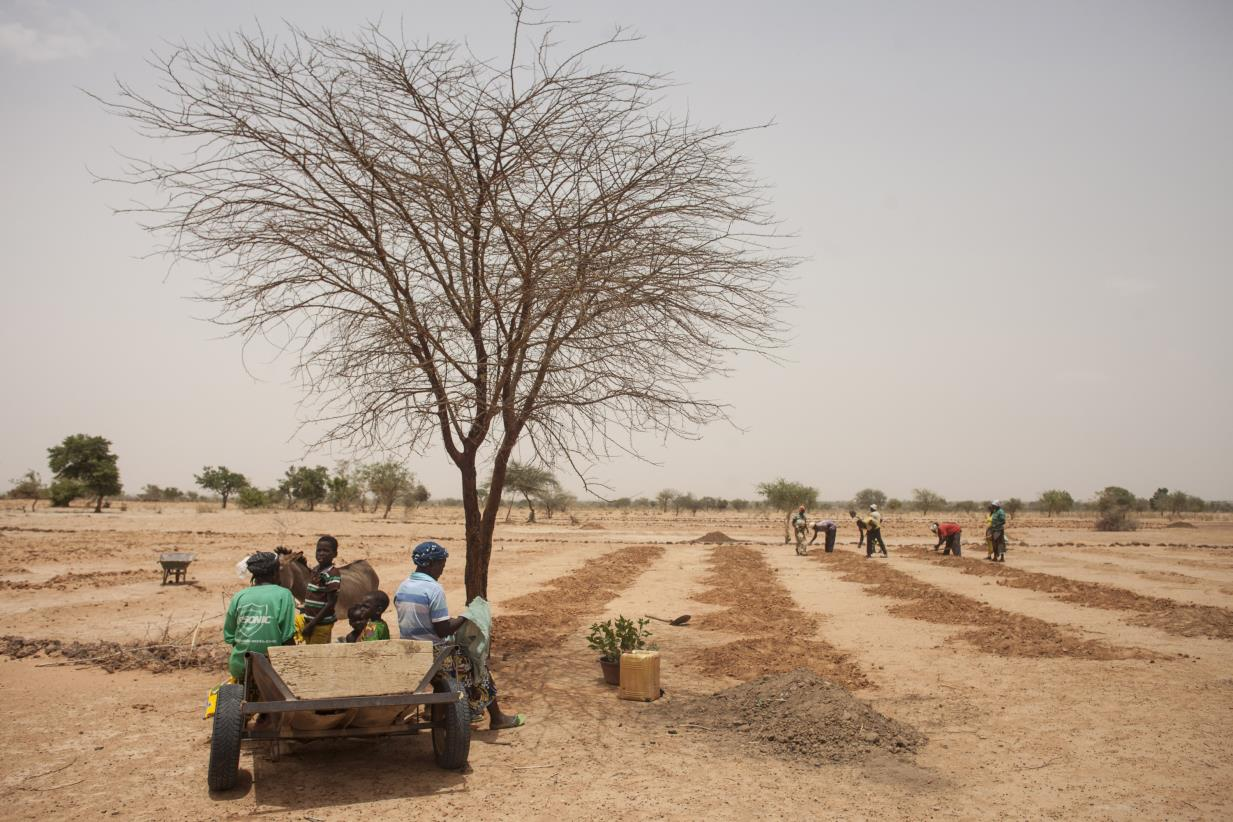
In the Sahel, cities are expanding even as the desert creeps closer. From Niamey to Nouakchott, Africa’s drylands are sw...